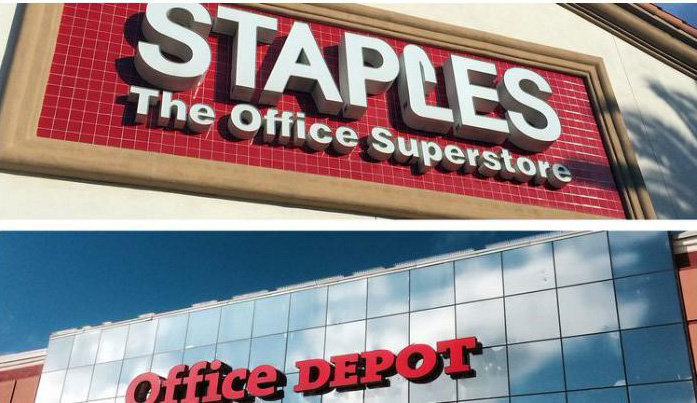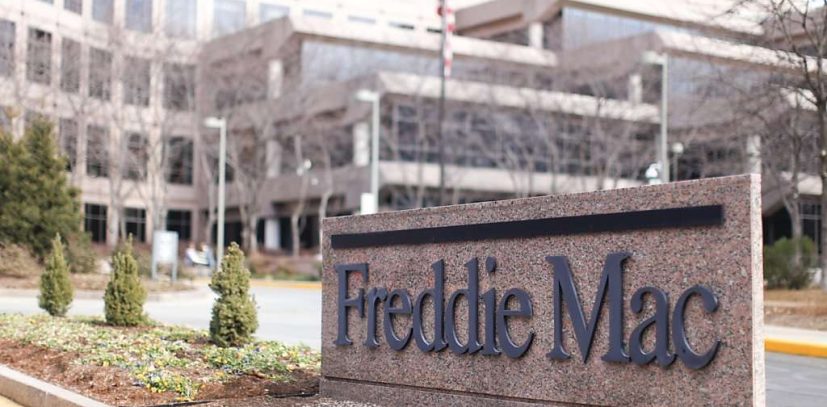It appears the Federal Trade Commission and the US District Court for the District of Columbia are stuck somewhere between the 1890’s and 1990’s when it comes to antitrust regulation. In a rather surprising move, a five month lawsuit filed by the FTC to prevent the merger of Staples and Office Depot concluded with a negative outcome for the office suppliers.
In his ruling, the presiding Judge Emmet Sullivan stated that the FTC, “…met their burden of showing that there is a reasonable probability that the proposed merger will substantially impair competition in the sale and distribution of consumable office supplies to large BusinesstoBusiness customers.”
Per paragraphs 3 and 5 of the FTC initial December 2015 filing:
“Direct headtohead competition between Staples and Office Depot yields substantial benefits to large BtoB customers in the form of lower prices and better service. If consummated, the merger of Staples and Office Depot (the “Merger”) would eliminate that competition…
Office supplies vendors, such as Respondents, sell and distribute consumable office supplies (e.g., pens, staplers, notepads, folders, and copy paper) to all manner of businesses across the United States. Employees of these businesses use consumable office supplies in connection with their jobs. As a result, businesses depend on vendors to provide consistent and reliable delivery of consumable office supplies so that their employees have the products they need to work productively and on a costeffective basis.”
They go on to discuss how large B2B customers often request bulk supply orders by submitting RFPs (rather than just running down to the store during lunch?). Fair enough. Coming from a CRE background and being used to working with institutional clientele who are generally smart and have their own representation, are we to assume that said B2B customers are not aware of the large and growing alternative sources of bulk office supplies on the internet? I assume that some form of delivery occurs after negotiation for bulk supplies.
A simple Google search yields The Top 10 Office Supply Websites, which names our Respondents and their competitors and rank them per customer reviews, which include:
- com
- Group-Price
- com
- Executive Essentials
- Staples
- Capitol Supply
- i Buy Office supply
- JAM Paper & Envelope
And the list goes on. Note that our Respondents are not #’s one and two on this list (Office Depot/Max is #23).Most significantly, this list does not include the 1M lbs elephant in the room: Amazon and its late 2015 roll out of Amazon Business, or for that matter other brick and mortar stores who also compete in this space like Walmart and Costco.
Another simple Google search of “Staples” or “Office Depot” and “sales decline” yields years of articles indicating the decline of the office supply focused concept in general. Both beleaguered shops have had stagnant or declining sales for 5+ years, and even the most cursory of analysis points to the increase competition online coming… online.
So what does this mean for commercial real estate? It seems that more than a few long stale retail concepts have held on by their fingertips for far longer than anyone ever expected, but Staples and Office Depot are going to have a rough year as a result of this ruling, and shopping centers may be faced with yet another round of big box stores closing. As I type this, Office Depot and Staples stocks have dropped 38% and 17% respectively. Now whether this move would have turned around what can legitimately be called a failing concept is up for debate, but
the fact that the FTC won based on an antitrust ruling to protect large businesses from office supply price gouging in today’s market is pretty ridiculous.











